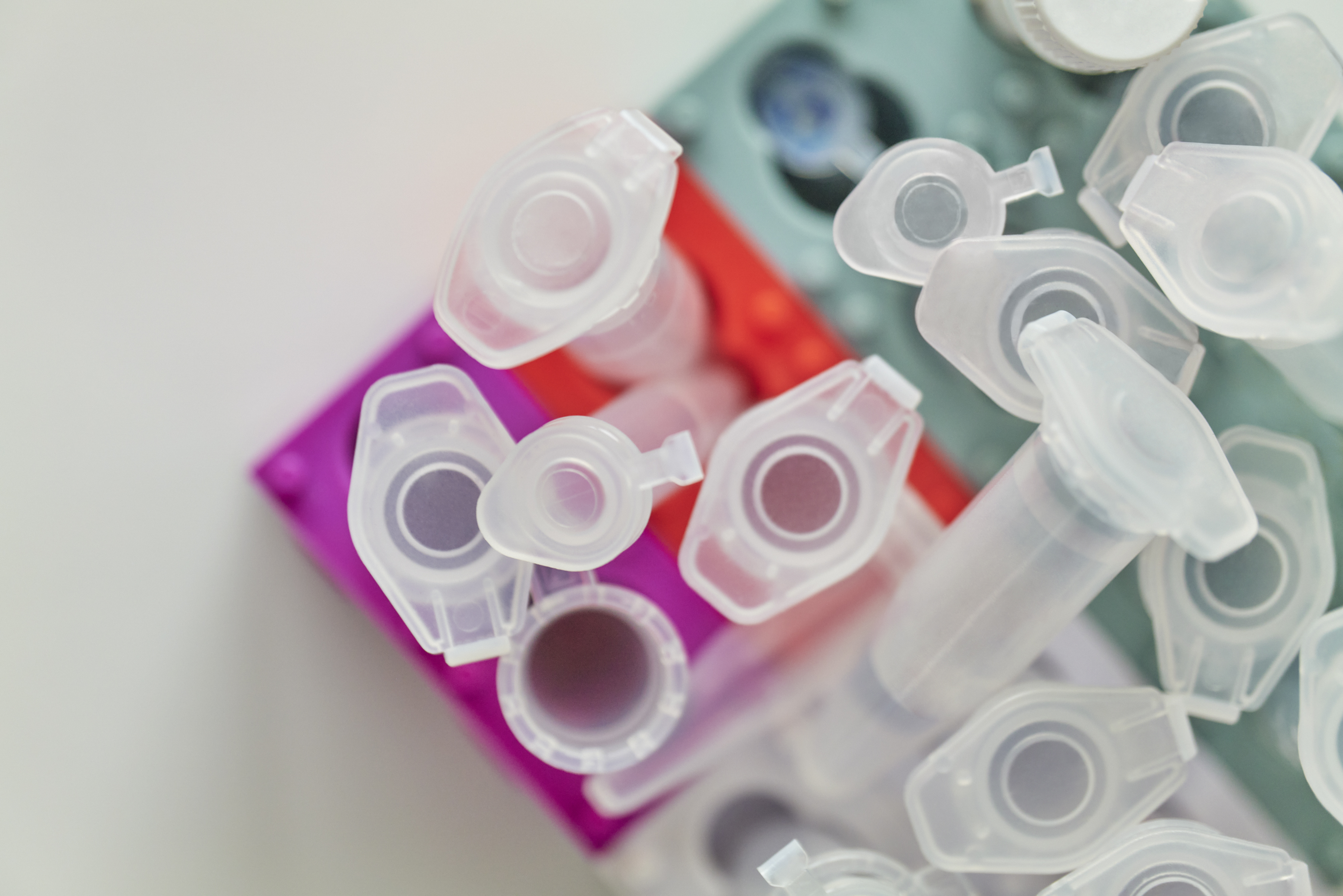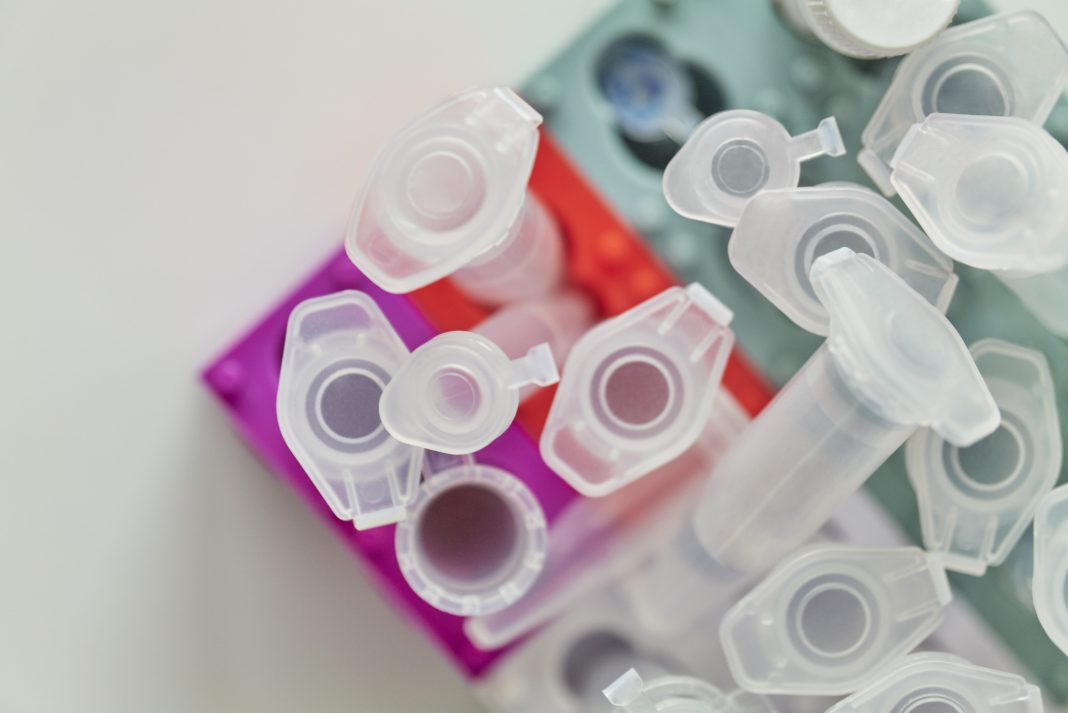 Merck, the pharmaceutical giant, has reported strong second-quarter revenue and adjusted earnings that surpassed Wall Street’s expectations. The company’s success can be attributed to the robust sales of its blockbuster cancer drug Keytruda, as well as other treatments in its oncology and vaccines portfolios and a newly launched cardiovascular drug. As a result, Merck has raised its full-year sales forecast to a range of $63.4 billion to $64.4 billion, driven by increased demand for key products, particularly its oncology treatments.
Merck, the pharmaceutical giant, has reported strong second-quarter revenue and adjusted earnings that surpassed Wall Street’s expectations. The company’s success can be attributed to the robust sales of its blockbuster cancer drug Keytruda, as well as other treatments in its oncology and vaccines portfolios and a newly launched cardiovascular drug. As a result, Merck has raised its full-year sales forecast to a range of $63.4 billion to $64.4 billion, driven by increased demand for key products, particularly its oncology treatments.
However, Merck has lowered its adjusted profit guidance due to one-time charges related to its recent acquisitions of Harpoon Therapeutics and EyeBio. The adjusted profit is now expected to be in the range of $7.94 to $8.04 per share, compared to the previous forecast of $8.53 to $8.65 per share. Despite this adjustment, Merck remains optimistic about its future prospects.
In terms of financial performance, Merck reported earnings per share of $2.28, exceeding the expected $2.15. The company also generated $16.11 billion in revenue for the second quarter, surpassing the estimated $15.84 billion. These positive results indicate Merck’s ability to navigate the competitive pharmaceutical industry successfully.
One of Merck’s key products, Keytruda, has been a significant driver of its revenue growth. The immunotherapy drug recorded $7.27 billion in sales during the second quarter, representing a 16% increase compared to the previous year. Analysts had predicted Keytruda sales of $7.12 billion, highlighting its strong performance in the market.
Another notable product in Merck’s portfolio is Winrevair, a medication approved in the U.S. in March to treat a progressive and life-threatening lung condition. Analysts anticipate that worldwide sales of Winrevair could reach $5 billion by 2030, further contributing to Merck’s future success and revenue growth.
However, not all of Merck’s products have performed as well. Sales of Gardasil, a vaccine that prevents cancer caused by the human papillomavirus (HPV), were relatively stagnant, with only a 1% increase compared to the same period last year. Higher prices in the U.S. offset lower sales in China due to shipment timing. Merck’s Type 2 diabetes treatment, Januvia, also experienced a decline in sales, primarily due to lower demand, pricing pressure, and generic competition in several countries.
Despite these challenges, Merck remains focused on its long-term strategy. The company has been actively engaging in new deals and key drug launches to offset the anticipated losses from Keytruda’s patent expiration in 2028. For instance, Merck recently gained approval for Capvaxive, a vaccine designed to protect adults from pneumococcus, a bacteria that can cause serious illnesses and lung infections. These strategic initiatives position Merck for continued growth and innovation in the pharmaceutical industry.
In conclusion, Merck’s second-quarter performance has exceeded expectations, driven by strong sales of Keytruda and other key products. The company’s ability to adapt to market dynamics and pursue strategic initiatives demonstrates its resilience and long-term vision. Despite challenges in certain product categories, Merck’s overall outlook remains positive, and it is well-positioned for future success in the pharmaceutical industry.


